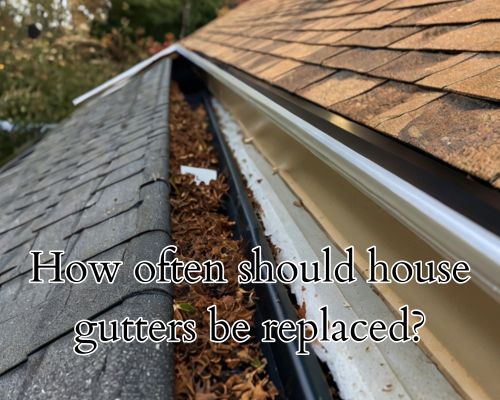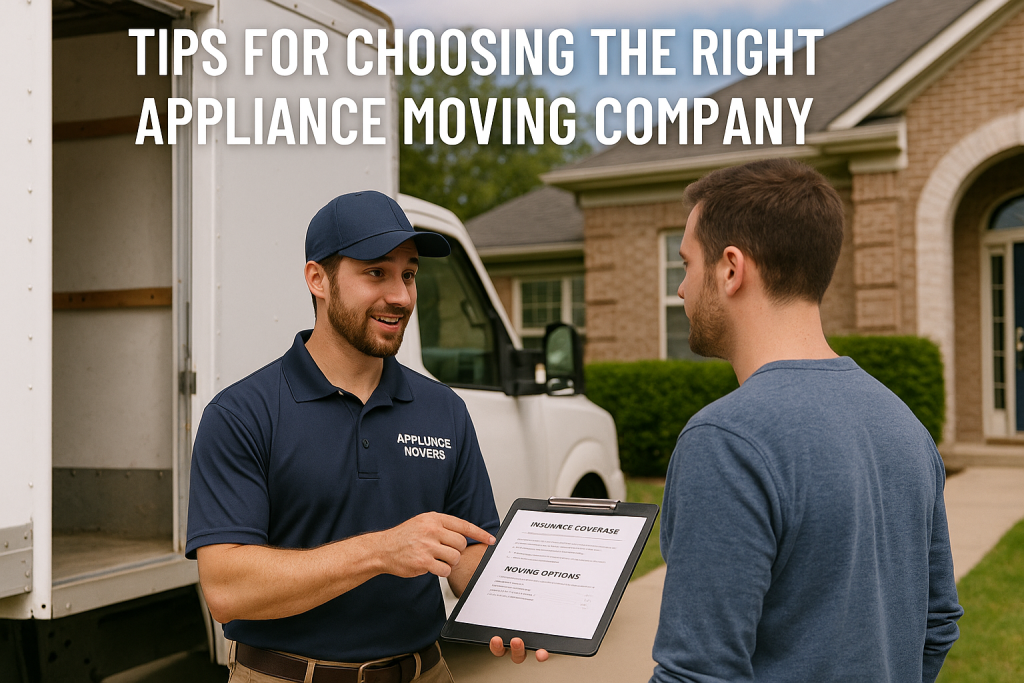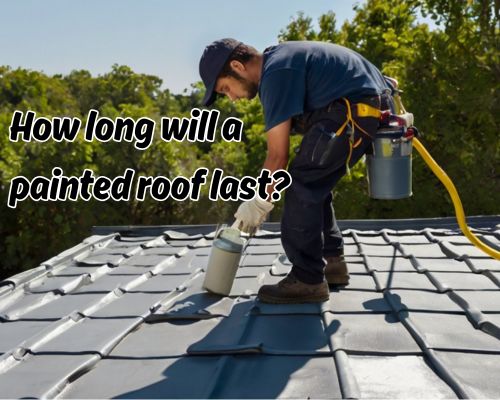When it comes to maintaining a home in West Palm Beach, Florida, one crucial but often overlooked aspect is the condition of the gutters. As homeowners, we focus on ensuring the roof is secure and the lawn is pristine, but gutters play a vital role in protecting your home’s foundation, siding, and landscaping. Understanding when to replace your gutters is essential for preserving your home’s structural integrity. With Mike Owen from Gutters of West Palm Beach, we’ll explore how often house gutters should be replaced, particularly in the climate of West Palm Beach, Florida, and the factors that influence their lifespan.

Importance of Gutters in West Palm Beach Homes
Gutters are designed to channel rainwater away from the foundation of your house. In West Palm Beach, which experiences heavy rainfall, especially during hurricane season, gutters are particularly important. They prevent water from accumulating around your home, which can lead to basement flooding, soil erosion, and damage to your roof and foundation.
Given the intense weather conditions in Florida, including tropical storms and hurricanes, it’s crucial to ensure that gutters are in excellent condition year-round. A clogged, broken, or ineffective gutter system can lead to costly repairs down the road, which is why regular inspection and timely replacement are necessary.
How Often Should House Gutters Be Replaced?
There is no one-size-fits-all answer to how often gutters should be replaced, as the lifespan of gutters depends on various factors such as material, weather conditions, and maintenance practices. However, on average, gutters should be replaced every 20 to 30 years.
Material Matters:
The material of your gutters plays a significant role in determining how long they last. Common gutter materials include:
- Aluminum Gutters – These are popular for their lightweight nature and resistance to rust. They typically last 20 to 25 years in the West Palm Beach climate.
- Copper Gutters – Known for their durability and aesthetic appeal, copper gutters can last anywhere from 50 to 100 years. Although the initial investment is higher, copper gutters are often considered a long-term solution for homeowners who want a gutter system that lasts a lifetime.
- Steel Gutters – Galvanized steel gutters can last up to 20 years but may suffer from rust in Florida’s humid climate. Stainless steel gutters, on the other hand, can last much longer (up to 30 years) and are resistant to rust, making them an excellent choice for homeowners in coastal areas like West Palm Beach.
- Vinyl Gutters – While vinyl gutters are cost-effective and easy to install, they are less durable and typically last about 10 to 15 years in the Florida climate. Heat and UV rays can cause the material to degrade more quickly, especially in areas with intense sun exposure like West Palm Beach.
Factors Affecting the Lifespan of Gutters in West Palm Beach
The harsh weather conditions in West Palm Beach significantly impact the lifespan of gutters. Key factors include:
- Hurricane Season:
West Palm Beach is no stranger to hurricanes. The season, which runs from June to November, brings heavy rains and strong winds that can wreak havoc on gutters. Gutters may experience damage from flying debris or heavy rainfall, causing them to sag, crack, or detach from the house. After a major storm, it’s crucial to inspect your gutters for any signs of damage. If you notice dents, cracks, or sagging, it may be time to replace or repair them. - Saltwater Exposure:
As a coastal city, West Palm Beach residents must contend with salty air, which can accelerate the corrosion of metal gutters. Saltwater can wear down aluminum and steel gutters more quickly, especially if they are not regularly cleaned and maintained. Homeowners in coastal regions may need to replace their gutters more frequently to prevent corrosion and rust. - Clogging and Debris:
Due to the number of trees and foliage in West Palm Beach, gutters can quickly become clogged with leaves, branches, and other debris. When gutters are clogged, water backs up, potentially leading to water damage, rot, or mold growth in your home. Regular cleaning and maintenance can extend the lifespan of your gutters, but if gutters are repeatedly clogged and damaged, they may need to be replaced sooner. - Sun Exposure:
West Palm Beach is known for its sunny climate, which can cause the materials in gutters, especially vinyl, to degrade over time. Excessive sun exposure can lead to cracking, discoloration, and brittleness. Gutters that are exposed to direct sunlight for prolonged periods may require more frequent replacement than those in shaded areas.
See Mike Owen from Gutters of West Palm Beach for more.
Signs That It’s Time to Replace Your Gutters
It’s important to regularly inspect your gutters to identify any signs that they may need replacing. Here are some indicators that it might be time for a new gutter system:
- Sagging or Pulling Away from the House:
If you notice that your gutters are sagging or pulling away from the house, it indicates that they are no longer properly functioning. This could be due to the weight of debris, water, or the damage from a storm. Sagging gutters can result in water not being diverted correctly, causing potential damage to your foundation and landscaping. - Cracks and Holes:
Gutters with cracks or holes are no longer effective at channeling water away from your home. Even small cracks can cause water to leak, leading to moisture buildup and damage to your roof and siding. If your gutters have multiple cracks or holes, it may be more cost-effective to replace them rather than trying to patch them. - Rust and Corrosion:
Rust is a common issue in areas with high humidity and saltwater exposure, such as West Palm Beach. If you notice rust spots or corrosion on your gutters, this can weaken the structure and lead to further deterioration. Steel gutters, in particular, are more prone to rust, which means they might need to be replaced sooner in Florida. - Peeling Paint:
If your gutters have peeling paint, it’s a sign of prolonged exposure to moisture and sun. This could indicate that the gutters are no longer performing well and are being affected by the elements. Repainting your gutters might help extend their life, but if the damage is severe, replacement may be necessary.
Gutter Maintenance Tips to Extend Lifespan
To get the most out of your gutters in West Palm Beach, regular maintenance is essential. Here are a few tips to help extend the lifespan of your gutter system:
- Clean Your Gutters Regularly:
Debris buildup can cause clogs, which increase the risk of damage. Clean your gutters at least twice a year, or more frequently if you have many trees around your home. Consider installing gutter guards to reduce the amount of debris that enters your gutters. - Inspect After Storms:
Hurricane season can cause significant damage to gutters, so it’s crucial to inspect them after any major storm. Look for cracks, dents, or debris buildup, and make necessary repairs promptly. - Check for Proper Slope:
Your gutters should have a slight slope toward the downspout to ensure proper drainage. If your gutters are not properly aligned, water may pool and cause damage.
Conclusion
The question of how often house gutters should be replaced in West Palm Beach depends on several factors, including the material of the gutters, exposure to harsh weather, and how well they are maintained. On average, gutters should be replaced every 20 to 30 years, but it’s important to regularly inspect and maintain your gutter system to ensure that it functions correctly, especially in the face of Florida’s unpredictable weather. By replacing old, damaged gutters and performing regular maintenance, you can protect your home from costly water damage and ensure the longevity of your roof, foundation, and landscaping.
Make sure your home’s gutters are up to the task—especially during hurricane season—and keep them in top condition for the long haul. Take action today to avoid costly repairs tomorrow.




